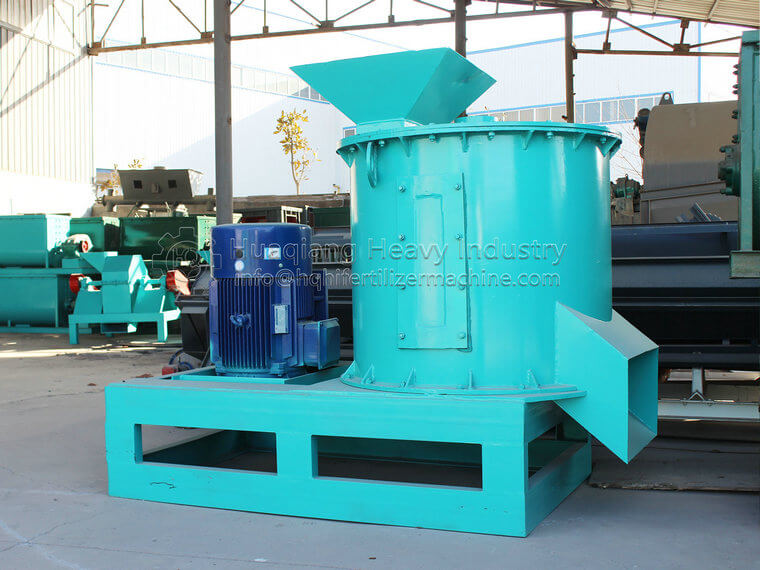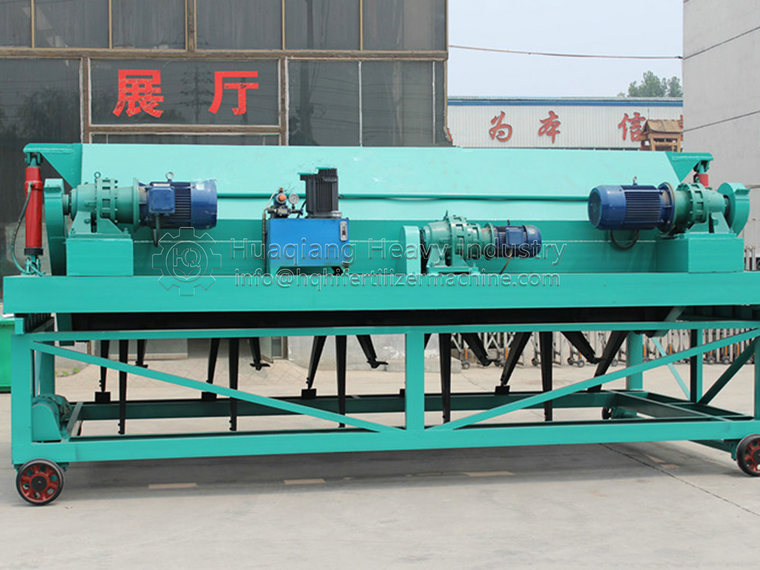The organic manure production equipment mainly includes the following types:
Fermentation and flipping machine: used for the fermentation and flipping of materials, promoting the decomposition and maturation of organic matter.
Organic fertilizer crusher: Crush the fermented organic fertilizer to a certain particle size, facilitating subsequent granulation and packaging.
Drum screening machine: used to screen the crushed organic fertilizer, remove impurities and impurities, and improve the quality of the fertilizer.
Horizontal mixer: Mix the screened organic fertilizer to ensure even composition and improve fertilizer efficiency.
Disc granulator: Granulates the mixed organic fertilizer into particles of a certain shape, making it convenient for subsequent packaging and use.
Rotary dryer: used to dry the prepared particles, remove moisture from them, improve the stability and shelf life of fertilizers.
Packaging machine: Packaging the dried organic fertilizer to give it a certain appearance and quality, making it convenient for storage and sales.
In addition, depending on the production scale and level of automation, other equipment may also be required, such as conveyors, belt conveyors, bucket elevators, etc., for material transportation and lifting. At the same time, in order to ensure the hygiene and environmental protection of the production environment, it may also be necessary to equip deodorization and dust removal equipment.
It should be noted that the above equipment is only common organic fertilizer production equipment, and the specific equipment configuration and selection need to be selected and adjusted according to the actual situation. Meanwhile, when using equipment, it is also necessary to comply with relevant operating procedures and safety regulations to ensure the safety and stability of production.


.jpg)


.jpg)
.jpg)
.jpg)
.jpg)